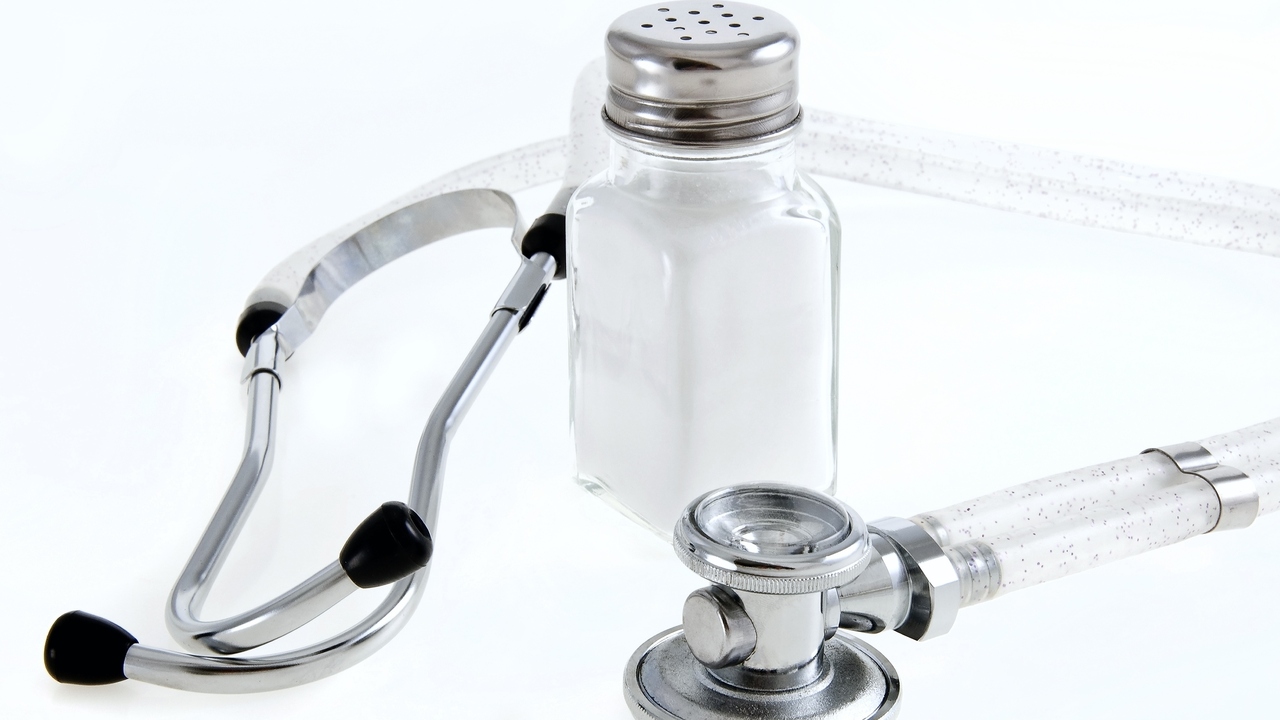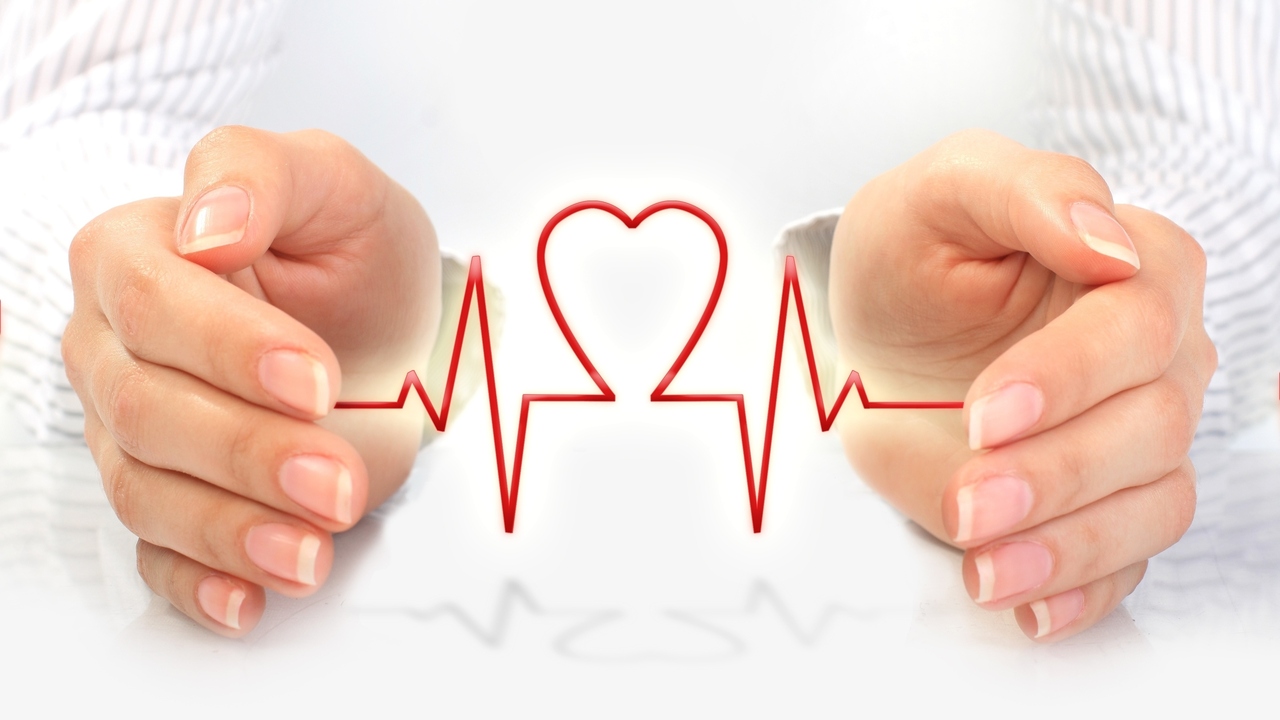 Jerry Bernard/PhotoSpin
Jerry Bernard/PhotoSpin
Salt has caused quite a conundrum for the medical field. Some say that those with heart disease, specifically high blood pressure, should avoid it at all costs. Others say that sea salt is safe and actually has a number of healing properties.
Salt has turned gourmet from the once small-grain table salt, expanding into fancy varieties such as Hawaiian, Celtic, herbed, kosher, coarse and more.
Iodized (table) salt does contain iodine, while sea salt does not. However it does contain chloride, sodium, potassium, magnesium and calcium. Such diversity leaves many confused as to which salt they should use — or wondering if they should be using any salt at all.
Regardless of its cause, high blood pressure is a very serious condition as the strain on the heart and the pressure of blood pumping through the arteries is higher than it should be. This can lead to stroke, heart disease, aneurysms, kidney disease and death.
A normal blood pressure is considered 120/80 mmHg or less. Those between 120-139/80-89 are pre-hypertensive. Once a person is 140/90 mmHg and above, they are fully hypertensive.
Multiple reasons for this condition include stress, smoking, aging (as the arteries become more rigid), obesity, high cholesterol and family history.
Certain nutrient deficiencies, thyroid problems, kidney disease (not cause by high blood pressure but high blood pressure causes kidney disease), and certain medications/herbs can also contribute to high blood pressure.
Several years ago, the Dietary Approaches to Stop Hypertension (DASH) diet became quite popular and is still widely recommended today as a first-line treatment option.
This plan focuses on a diet rich in fruits and vegetables, fat-free or low-fat dairy products, whole grains, healthy fats and fiber. It limits salt, sugar and red meat.
The creators of this plan specifically recommend that those with high blood pressure lower their sodium content to 1500 mg per day. For reference, according to the U.S. Food and Drug Administration, 2300 mg of sodium is the equivalent of 1 teaspoon of salt!
The thing is, sea salt has about the same amount of sodium in it. However as sea salt is often chunkier, less fits on a teaspoon, so by volume there is less sodium.
Sea salt is not a sodium-free salt. Because sea salt is generally evaporated from seaweed and not very processed, it is able to maintain some additional minerals that table salt does not provide.
What is the problem with sodium? It causes water retention, making the heart pump harder to push all the fluid through the arteries, resulting in high blood pressure.
So start reading labels and asking about sodium content if you have high blood pressure, or are at risk for heart disease. There is a time and a place for salt. But for the sake of your health, don't risk worsening a potentially life-threatening situation.
Sources:
Centers for Disease Control and Prevention (CDC). (2014). High Blood Pressure Risk Factors. Retrieved from
http://www.cdc.gov/bloodpressure/risk_factors.htm
National Institute of Health National Heart, Lung and Blood Institute. (2014). What is The DASH Eating Plan? Retrieved from http://www.nhlbi.nih.gov/health/health-topics/topics/dash/
U.S. Food and Drug Administration (FDA). (2014). Sodium in Your Diet: Using the Nutrition Facts Label to Reduce your Intake. Retrieved from
http://www.fda.gov/Food/ResourcesForYou/Consumers/ucm315393.htm
Reviewed March 2, 2015
by Michele Blacksberg RN
Edited by Jody Smith






Add a Comment1 Comments
Lifestyle changes and natural remedies may help to control high blood pressure.
March 3, 2015 - 1:59amThis Comment